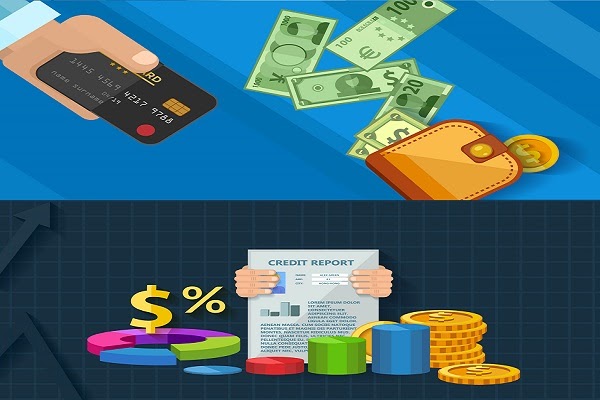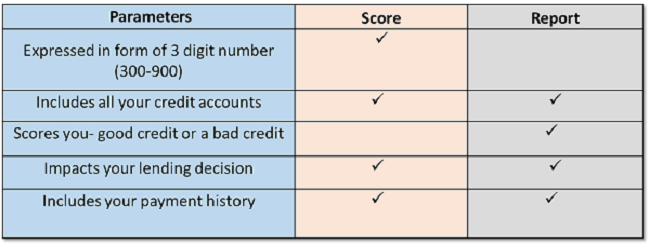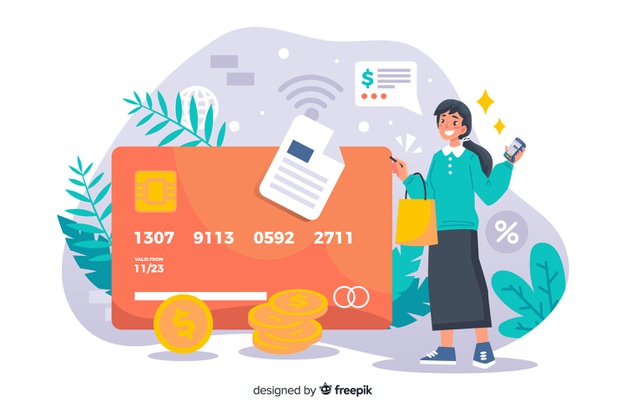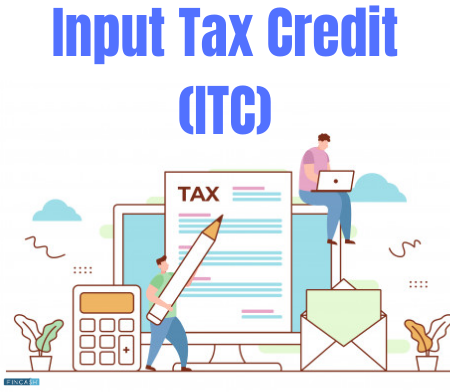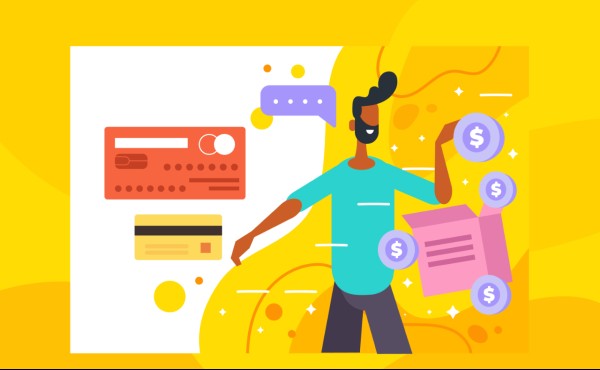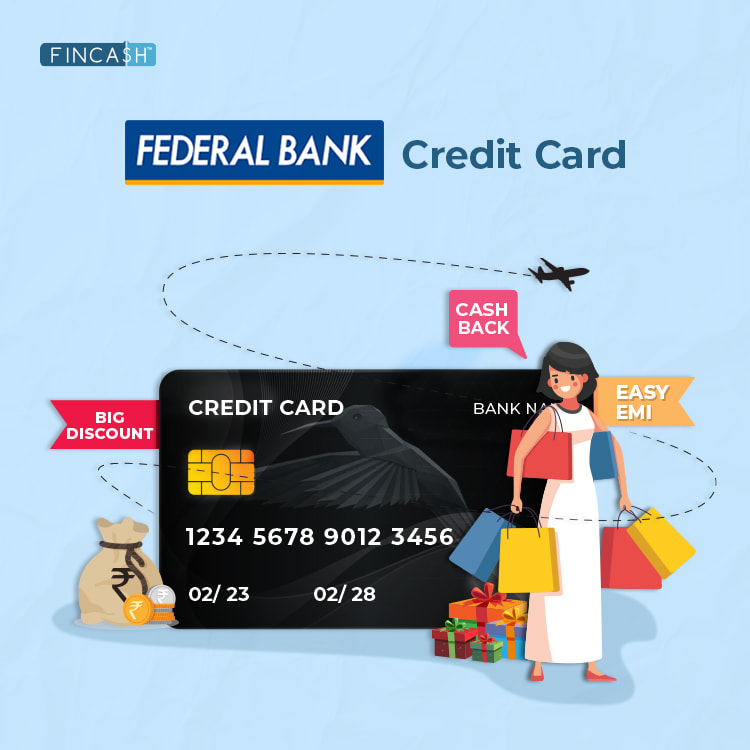Bad Credit
What is Bad Credit?
To put simply, bad credit is known as the failed history of a person in terms of paying bills on time. This results in the likelihood of financial institutions assuming that the person will not be able to make timely payments in the future either.
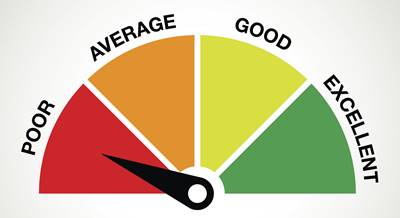
And, this goof-up generally reflects in the form of a low Credit Score. Not just individuals, even companies can have bad credit on the Basis of their past payments and financial situation. For somebody with bad credit, it becomes difficult to take loans at competitive interest rates as they come under the risky prospect.
How Does it Work?
Most of the people who have borrowed money or got a credit card will have a credit file ready at a significant credit bureau. The required information in these files is generally about the money they owe and if they have paid back on time.
This data is used to calculate a credit score, which is a number that has an objective to establish the creditworthiness of that person.
Talk to our investment specialist
Credit Score
Generally, a Credit Report carries a score Range of 300 to 850. Thus, borrowers that have 579 or lower score are considered to be bad creditors. And, they have more probability of becoming delinquent on their future loans.
Scores that range between 580 and 669 are those of fair creditors. They have less chances of becoming delinquent on loans. However, they may get a loan at a high-interest rate. At last, the ones that have the score mark of 850 are considered good creditors.
Tips to Improve Bad Credit
If you have fair or bad credit, don’t fret out. There are several ways that you can implement to enhance your credit score. Below-mentioned are a few tips to help you out:
- Set up automatic payments for all of your loans and credit card re-payments; or, you can also set up a reminder so that you never miss payments.
- Whenever possible, pay a bit more than the minimum due. You must set a realistic goal and work on it.
- Create a list of all your debts and segregate the ones that have more interest. Pay them up quicker than the rest and free up your money. Once done, then apply the same method to other debts.
- Don’t open new accounts if you are not in need of it. Unnecessary purchases can damage your credit score even more.
All efforts have been made to ensure the information provided here is accurate. However, no guarantees are made regarding correctness of data. Please verify with scheme information document before making any investment.
